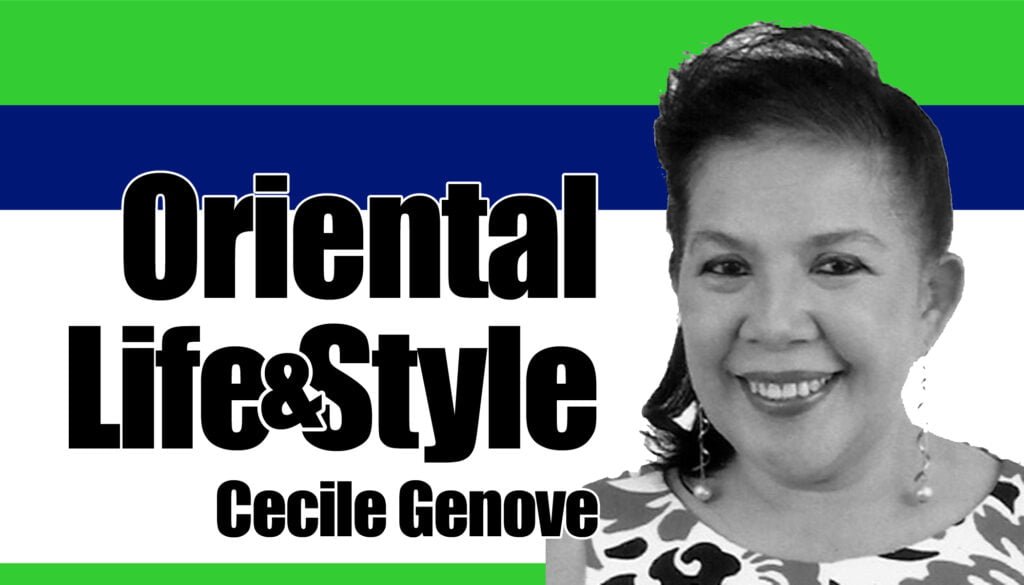
Grappling with the challenges of day-to-day living is back-breaking and mind-boggling, enough for you to think of giving up sometimes. Add to this are the diverse (read: difficult) personalities we meet in the workplace, in the office canteen, in the classroom, in the bus while we are commuting, and practically anywhere and everywhere we go so long as there is a sea of humanity.
Living by yourself is difficult enough, but how much more when you have to deal with other strangers?
Such is the dilemma of the modern office workers today, or more commonly known as yuppies or the young urban professionals. According to Rogen Ferdinand E. Alcantara, many of the problems in society today stem from the fact that we are all unique, thus, we have diverse and quite interesting personalities. “In my profession, I have met many people coming from different backgrounds, culture, family upbringing, spiritual life or none at all, but who have to learn how to deal with each other,” Alcantara expressed. As a psychologist, he said he has no other recourse but to study people and try to understand them, making him a reader of character of sorts.
He poses the following questions, which can put anyone to thinking about one’s life as it is lived together with others. Some of these questions are: Is behavior shaped by the situation we are in or by the type of person we are? Do people act the way they do because of the events surrounding them? Or, were their reactions more the result of the kind of people they were before the events occurred?
“Certainly, we do not act the same way in all situations,” explained Alcantara, finding solace in the fact that people may not be able to establish a pattern by which they react to a particular situation, unless the act has become habitual.
The common use of personality is reflecting one’s “public image,” Alcantara said. Generally, politicians, entertainment personalities, celebrities, and other highly publicized individuals are concerned about their “image.” They even go to the extent of hiring top-notch (read: expensive, highly paid, and highly qualified with a track record) publicists to spruce up their image – either to make or break them. Even heads of state go into a major overhaul, so to speak, of themselves from head to toe, including their manner of dressing, the parting of their hair, and even the manner by which they speak. After all, personality is a primary requirement if you are a frontliner.
Personality, furthermore, is equated with social skills and effectiveness, the individual’s most striking or dominant characteristics, a person’s unique pattern of traits, and even the most adequate conceptualization of a person’s behavior in all its details.
Alcantara used the parable of the five blind men and the elephant in making an analogy of what personality is. “We remember this parable from way back. It goes that the first blind man was feeling the leg of the elephant and described the elephant as tall and round. The second blind man felt the ear and claimed that the elephant is thin and flat. The third blind man felt the trunk and described the animal as long and slender, while the fourth and fifth blind men felt the tail and the other side, but still described different images. From the parable, we can see that each person’s description is correct, but it is incomplete,” Alcantara philosophized.
However, added Alcantara, we can learn how to appreciate diverse personalities as they have different inherent strengths and weaknesses. “Being mature entails that one has the tolerance or the capacity to listen to another person’s point of view and try to understand them. A mature person takes criticism as an opportunity to change or improve for the better. The mature person likewise has the courage to do right when others around him/her are doing wrong,” Alcantara expounded.
Improving one’s personality in a sincere and lasting way is much work, but can actually be fun, opined Alcantara. “We can actually improve ourselves by not only trying to develop in ourselves, but by associating ourselves with people who are successful and happy,” he advised.
How can a “good personality” be spotted or known? “It is when you are happy and the people around are happy, too. You are likeable and successful in most of your undertakings. Your emotions are oftentimes pleasant. A happy person meets the bad temper and unkind dispositions of others with understanding and good humor,” informed Alcantara.
The development of our personality is our great responsibility. We need to develop our personality in order to be accepted socially, to have self-satisfaction, to gain self-confidence, and to attain success and keep ourselves on the job. Alcantara regularly turns to the Scriptures for guidance and divine intercession as only through the Scriptures in the Bible can we understand others because as 1 John 4:8 provides, “The person who does not love does not know God, because God is love.” – NWI




